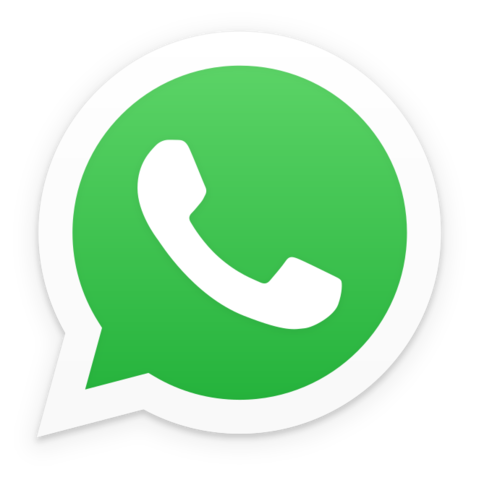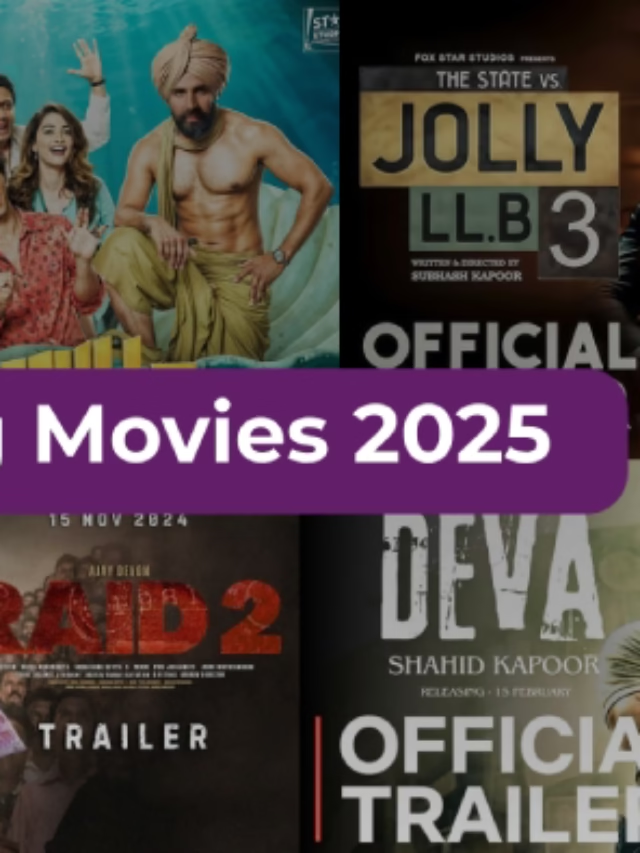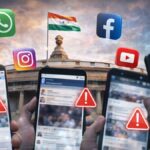In the world of B2B marketing, building lasting relationships with clients is critical to long-term success. Unlike B2C, where businesses often focus on one-time transactions or shorter-term engagements, B2B deals involve higher stakes, longer sales cycles, and ongoing collaborations. This makes personalization an essential strategy for fostering meaningful connections with clients and ensuring loyalty over time.
Personalization goes far beyond simply addressing a client by name in an email. It involves understanding their business needs, industry challenges, and decision-making processes, then delivering tailored messaging and experiences that resonate with their unique circumstances. In this article, we’ll dive into why personalization is the key to building strong B2B customer relationships, along with strategies to help businesses foster these connections.
1. Personalization Builds Trust and Credibility
In B2B marketing, trust is the foundation of any successful relationship. Decision-makers are looking for partners who understand their industry, their specific business challenges, and can offer solutions that meet their unique needs. Personalized marketing demonstrates that you’ve done your homework, positioning your brand as knowledgeable, credible, and invested in their success.
For example, a personalized email campaign that speaks directly to a company’s pain points, perhaps by offering case studies relevant to their sector, shows that you understand their challenges and have experience solving similar issues. This builds trust, as the client feels that your company is attuned to their needs and can provide tailored solutions rather than a one-size-fits-all approach.
2. Relevance Drives Engagement
In today’s digital world, B2B buyers are bombarded with marketing messages from all directions. To cut through the noise, your marketing must be highly relevant to the recipient. Personalized messaging allows businesses to speak directly to the recipient’s challenges, making them more likely to engage with your content.
When messages are personalized based on industry, business size, role within the company, or specific challenges, decision-makers are more likely to pay attention. For example, an IT director may be more interested in how your solution integrates with existing technology, while a CFO might focus on cost efficiency and ROI. Personalization ensures your message hits the mark with each stakeholder, driving higher engagement rates and increasing the likelihood of converting prospects into customers.
3. Tailored Solutions Foster Long-Term Relationships
B2B relationships are often built on long-term partnerships. To maintain these relationships, businesses need to continuously demonstrate value and relevance to their clients. Personalized communication is crucial in nurturing these ongoing relationships because it shows that you are not only aware of their evolving needs but are actively invested in helping them succeed.
For instance, providing personalized product recommendations or offering tailored solutions that align with the client’s future goals fosters a sense of partnership. By regularly sharing relevant insights, industry trends, and proactive suggestions for improvement, you position your business as an indispensable resource for your clients, solidifying the relationship for the long haul.
4. Data-Driven Personalization
Effective personalization requires leveraging data to gain deep insights into your clients. From website activity to purchase history, data helps you create detailed profiles of your customers, enabling hyper-targeted messaging and offers.
Here’s how data-driven personalization works in B2B:
- Segmentation: By segmenting your audience based on company size, industry, decision-making role, and buying behavior, you can tailor your messaging to each group. This ensures that the content, offers, and product recommendations you deliver are highly relevant to the recipient.
- Behavioral Data: Tracking how clients interact with your website, emails, or product can provide valuable insights into their preferences and needs. For example, if a company frequently engages with content about cloud computing, sending them personalized content and offers related to cloud-based solutions is more likely to generate interest.
- CRM Integration: Integrating your customer relationship management (CRM) system with marketing automation tools allows for more personalized outreach. Sales and marketing teams can track interactions with each client and customize follow-ups based on past conversations, inquiries, or concerns raised by the client.
Data-driven personalization helps you better understand your clients and deliver more targeted, effective messaging, which in turn fosters stronger relationships.
5. Personalization Boosts Client Retention
Client retention is critical for B2B businesses, as the cost of acquiring new clients is typically much higher than retaining existing ones. Personalization helps improve client retention by making your clients feel valued and understood. When businesses receive tailored messaging and solutions, they are more likely to remain loyal because they view your company as a true partner rather than just a vendor.
For example, offering special deals, customized offers, or exclusive content based on a client’s past behavior shows that you’re paying attention to their preferences. Moreover, personalization can be extended beyond marketing, into customer service, support, and product development. By providing personalized follow-ups and customized support plans, you show that you are committed to helping your clients grow and succeed.
6. Personalized Customer Journeys
In B2B marketing, the sales cycle is often long and complex, involving multiple touchpoints across various channels. Personalization allows businesses to tailor each touchpoint to the specific stage of the customer journey, guiding prospects and clients through the process with relevant and timely information.
For example:
- At the awareness stage, a prospect might benefit from personalized content such as blog posts, whitepapers, or case studies that address their industry challenges.
- During the consideration stage, personalized product demos, webinars, or one-on-one consultations may help them explore solutions in more depth.
- At the decision stage, offering personalized pricing plans, ROI calculators, or implementation strategies can nudge them toward making a purchase.
By personalizing each stage of the customer journey, you can nurture leads more effectively, guiding them toward conversion and building a foundation for long-term relationships.
7. Humanizing the Brand
B2B marketing is often seen as more formal and data-driven than B2C, but that doesn’t mean it lacks a human element. Personalization allows businesses to humanize their brand, making interactions feel more personal and less transactional.
Personalized messaging, tailored offers, and thoughtful follow-ups show that there are real people behind the brand who genuinely care about the success of their clients. This human touch helps build emotional connections and fosters loyalty, which is crucial in maintaining strong B2B relationships.
Conclusion
In the B2B landscape, where long-term relationships and high-value deals are the norm, personalization is no longer optional—it’s essential. Personalized messaging allows businesses to connect with their clients on a deeper level by addressing their unique needs and challenges. This approach not only builds trust and credibility but also fosters long-term connections that drive customer loyalty and retention.
By leveraging data, tailoring solutions, and creating personalized customer journeys, businesses can create meaningful interactions that set them apart from competitors. Ultimately, personalization is the key to nurturing strong, lasting B2B relationships that benefit both the client and the business.


























